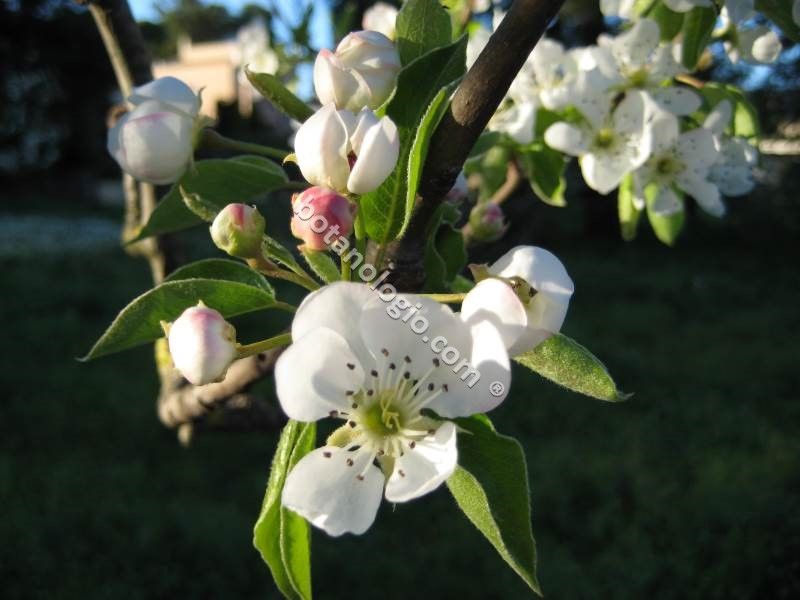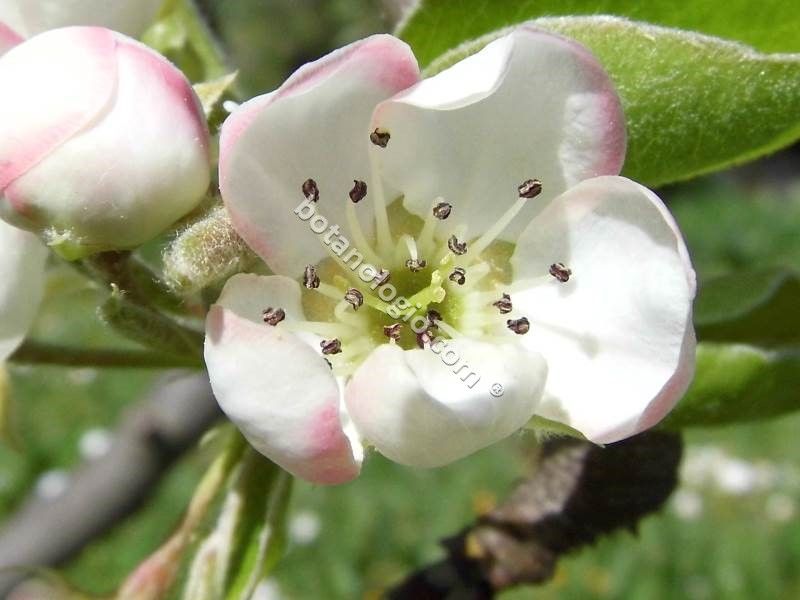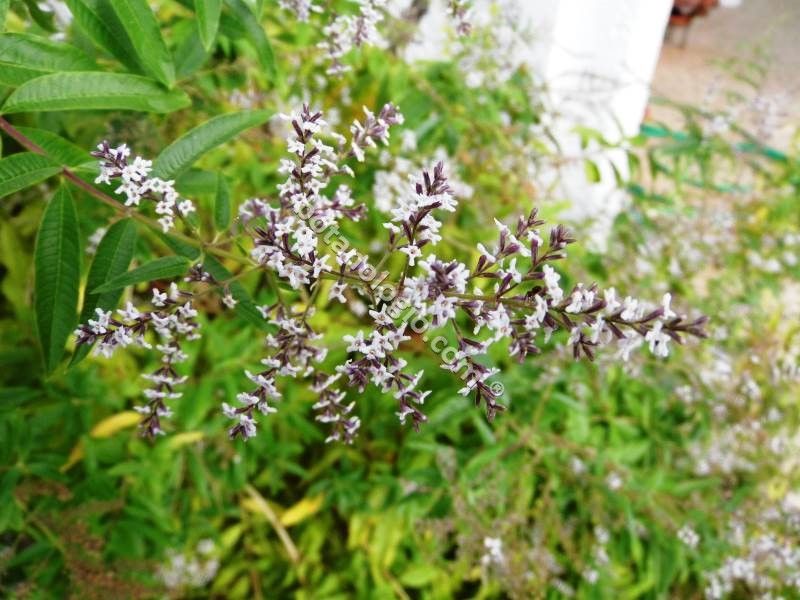Stories & myths about herbs

The herbs, apart from the healing properties, also hide beautiful myths. Since antiquity, people wanting to give reason to the healing properties of the herbs, tried to give divine features corresponding to the characteristics of the ancient gods. Naturally, all the herbs could not have a god to which they would have been dedicated or ought to have a reason for their existence, so the richness of mythology and folk traditions is full of magical stories!
In antiquity, the myth was the way to hide the properties of herbs on the path of narration.
Starting with the aromatic rosemary, a symbol of youth and beauty with aphrodisiac properties, is one of the most important anti-aging herbs and contributes to the overall health of the body. It is not accidental that it is a herb dedicated to the goddess of beauty and love, Aphrodite, where the myth says that when she emerged from the sea, she covered herself with rosemary, and then she gave it as a gift to the people.
Yarrow with the haemostatic property was the herb used by Achilles to bind the wound from the spear of Paris, at the instigation of the goddess Aphrodite. In another myth, the herb rose from the rust that came from the spear of Achilles. In Greek, the name of the herb is achillea.
The beautiful chaste tree, symbol of female nature and a herb dedicated to the goddess Hera as the myth says that Hera was born under a chaste tree. The properties of the chaste tree are the hormone-regulating action, the protection against gynecological diseases, and a natural anti-aphrodisiacs for men. It fits a lot in the goddess Hera, the protector of the marriage.
Apollo’s Daphne or Bay, a shrub whose leaves are beneficial for hair and flavors in cooking, in the myth was a beautiful nymph, Daphne. God Apollo fell in love with Daphne after Eros threw him an arrow. Of course, Daphne tried to hide from his endless hunt, and eventually she asked the gods for help and they transformed her into a tree. From this day, bay was considered a holy plant of Apollo, as he promised to wear its leaves as a crown and will never let its leaves fall. For this reason, the burning of laurel branches was also used in divination.
The mandrake has a slightly darker story because, due to the anthropomorphic shape of the root, it is considered in folk traditions that it took this form from the self-immolation of a man who fell in love with a fairy. Traditionally, when the root roars out, it makes a cry that drive the persons that hear it mad.
Mint, also with a fairly dark myth, as it deals with the love of the underworld god, Pluto for a beautiful nymph, Minthy. Persephone (Plutos wife), when she discovered that Pluto fell in love with the nymph, transformed her into a herb to punish her. When Pluto learned about it, he gave her the beautiful refreshing aroma, so when people step uppon her can smell the beautiful scent that characterizes mint.
Artemisia, took its name from the goddess of hunting, Artemis, as the herbs was used for antisepsis and wound healing.
The aconite, mythological, is considered to be a creation of Hecate, goddess of magic, of necromancy, medicinal and poisonous herbs. Aconite has participated in several myths as a means of destroying the hero of the myth, such as Theseus.
A special myth is also hidden in the poppy, as it is the myth of the beautiful young Adonis. Adonis, the hidden lover of Aphrodite, was perceived by Mars, who blinded by jealousy, transformed into a boar and killed the beautiful young man. From the blood of the deadly wound that Adonis had, sprang the beautiful poppy! The story is much bigger, as the poppy was formed by the agreement of Aphrodite with Persephone, who felt both love for the beautiful young.
Equally beautiful myth has the rose, but we will reveal it in the second part, along with the borage, the centaury, the inula, the vine and many herbs of the Greek countryside!





